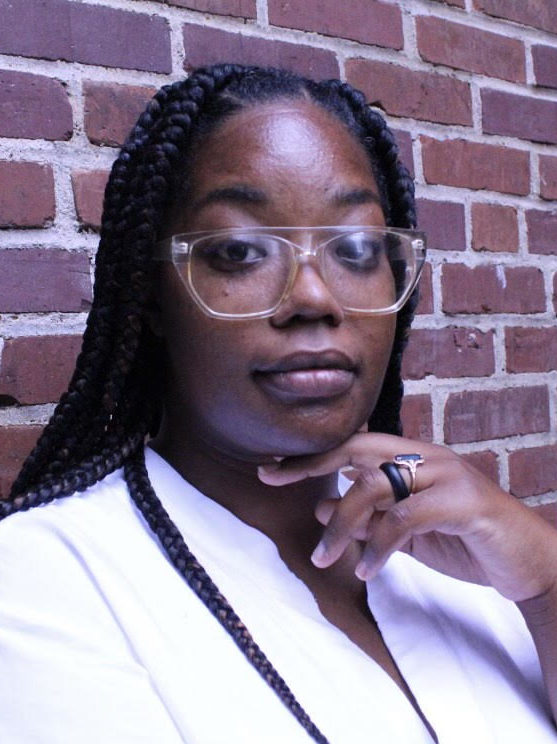(She/Her) | Atlanta, Georgia

I’m originally from DC. When I moved to Georgia, I had a car. I soon gave up the car because driving in the city was a bit much. Public transit was my other option, but the transit system took some getting used to. I’ve had good experiences and not-so-good ones. The train system here in Atlanta is different than in DC. I will say that I do like how I only had to pay a flat rate to board the bus versus how I paid DC rates depending on peak times and zones. I don’t like how some of the systems connect, don’t connect, how difficult it is to transfer, and overall how that works. The organization MARTA Army has its way of helping people get acclimated with transit and it made my transition into using public transit down here a lot smoother. But, it takes a while to understand the system and I wish there was something done by the transit agency.
I moved to the city because I needed to have accessibility. Transit provided me that. I enjoy it. I prefer to take the bus to certain places versus waiting on an Uber. I can get to where I want to go and have to go, I can connect even when I don’t feel like biking for a long time. Even when I’m tired I can take it to social events, like the Kaiser Permanente Run, Walk & Roll. I can take the train right to the venue where we get started. I use transit to go shopping for groceries, clothes, and meeting up with friends. I use it for everything.
When the buses were brought back after the pandemic, transit agencies claimed everything was back to normal, but it wasn’t. They were saying that the buses were back to following the same schedule pre-pandemic. The problem is that these buses weren’t operating according to the schedule before the pandemic. Some buses would be a 10-15 minute wait for the next one, such as the stop in front of the library I work at. On other buses you may have to wait for 30, 40 minutes, to even an hour before the next one which makes it inconvenient. I noticed that some buses were more frequent than others. I think that some buses need to have more buses put in the rotation if nothing else for social distancing, but also the instance when a bus does break down or there’s not enough room to fit more people. The buses were brought back, but they didn’t bring all the buses back to the normal schedule. That can throw people off when it comes time to get ready for work because you may have to leave a lot earlier than you normally would have.
I don’t want to be of the mindset that a lot of people are just like, “The buses are just totally unreliable. I’m gonna get a car.” I don’t want to deal with the car traffic, I’ll figure my way out using transit.
When I tell people I own two homes, people confusingly look at me like, “But you don’t have a car?” My goal is not to drive at all. When you have an area where people want to show off their success and success means being able to have a car — because that means that you can afford the car, the oil changes, to move around when you want — it’s that perception that has created our car-dependent society.
We live in a transit-oriented community. You have a lot of people who drive, but you also have a lot of people who get to and from work and do whatever else they need using the bus. A lot of the library’s patrons come to us from the bus. There have been plenty of times where I’ve had to give directions for transit to lead them to a certain place. For example, we don’t provide faxing services. If a person needs to get items faxed or scanned, they’ll come in and ask where they can go and how to get there. I always ask if they’re walking, taking transit, or driving because that determines how soon they get there and what direction they take.
Atlanta has always wanted growth, but the city doesn’t prepare for actual real growth. My growth doesn’t look like a person who can just walk down the street. It’s making sure that transit has braille, that it is accessible for all. When I look at the bus stop, there’s only one stop that provides any braille on a little metal placard that says something about the bus stop. But that’s pretty much it. Once they’re on the bus, they don’t know which way to go. I can see and I don’t know w
